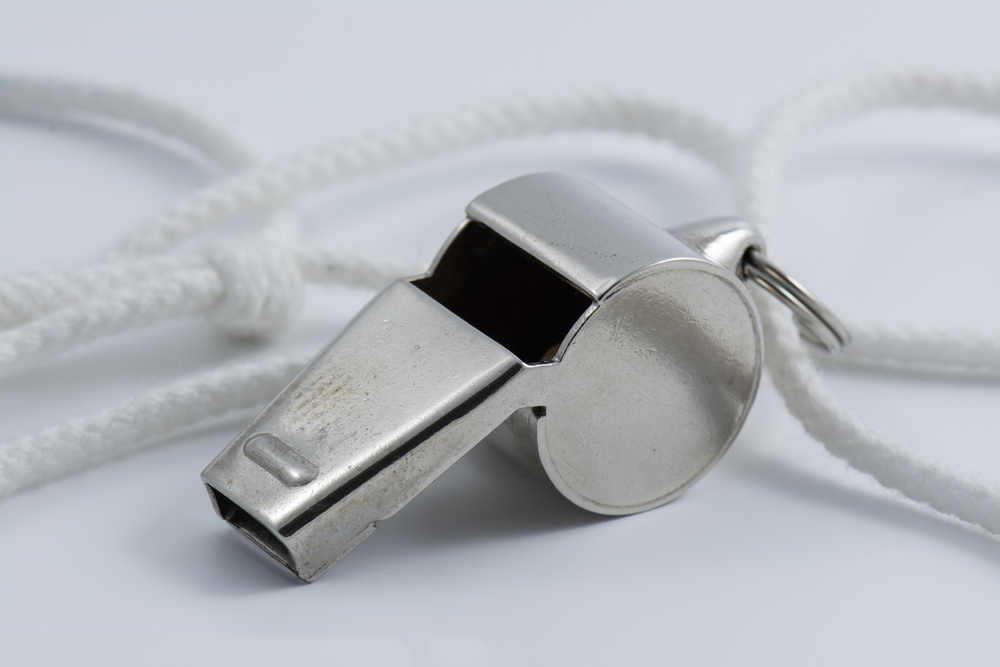The SEC released its Fiscal Year 2016 Annual Report (the “Report”) to Congress on the Dodd-Frank Whistleblower Program on November 15, 2016. The Report analyzes the tips received over the last twelve months by the SEC’s Office of the Whistleblower (“OWB”), provides additional information about the whistleblower awards to date, discusses the OWB’s efforts to combat agreements that chill whistleblowers, and describes the OWB’s recent activity in the anti-retaliation arena.
Breakdown of Tips Received in FY 2016
The OWB reported a modest increase in the number of whistleblower tips and complaints that it received in 2016–4,218 tips in 2016 compared to 3,923 tips in 2015. Overall, the 2016 whistleblower tips were similar in number and type of whistleblower tips reported in 2015. As in 2015, the most common types of allegations in 2016 were Corporate Disclosure and Financials (22%), Offering Fraud (15%), and Manipulation (11%). Most whistleblowers, however, selected “Other” when asked to describe their allegations.
The OWB received whistleblower tips and complaints from all 50 states, the District of Columbia, and Puerto Rico. Domestically, the largest number of whistleblower complaints and tips were from California (547), New York (296), Florida (239), and Ohio (230). Additionally, the OWB received whistleblower tips from individuals located in 67 foreign countries. Of these, the countries from which the largest number of tips originated were Canada (68), the United Kingdom (63), Australia (53), the People’s Republic of China (35), Mexico (29), and India (20), with Germany, Ireland, and Taiwan being other countries from which the SEC received more than 10 tips.











